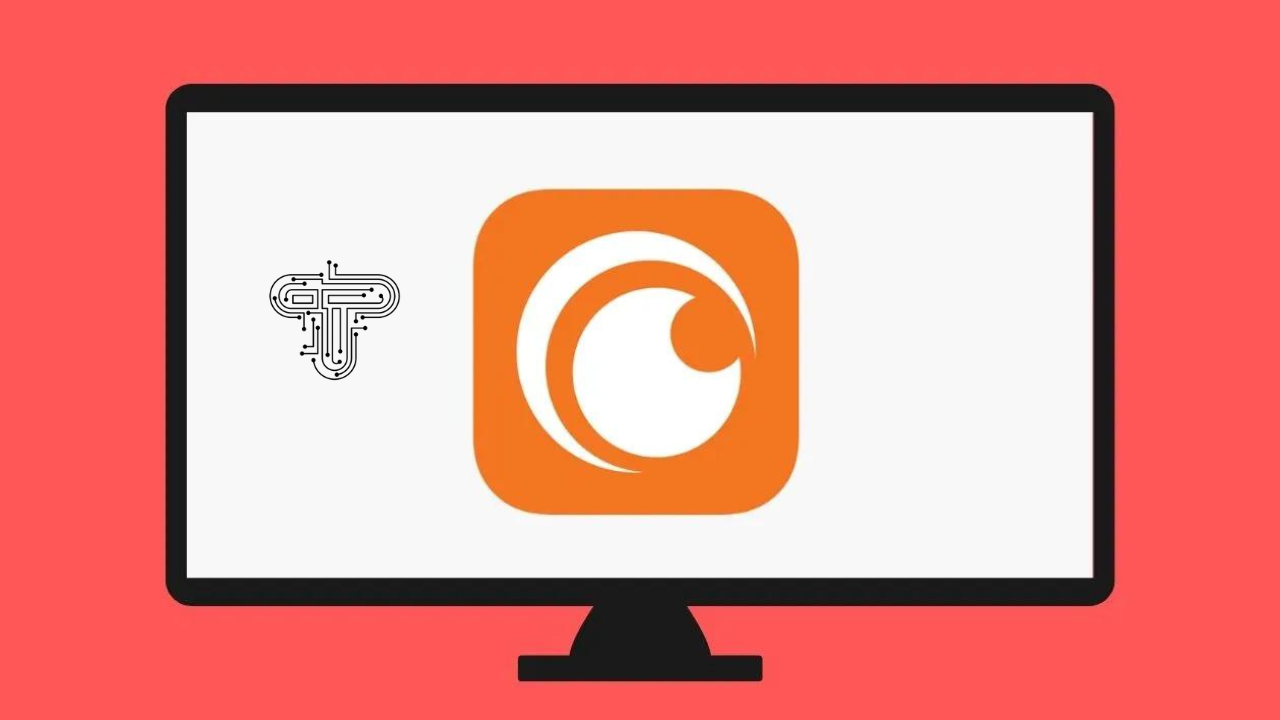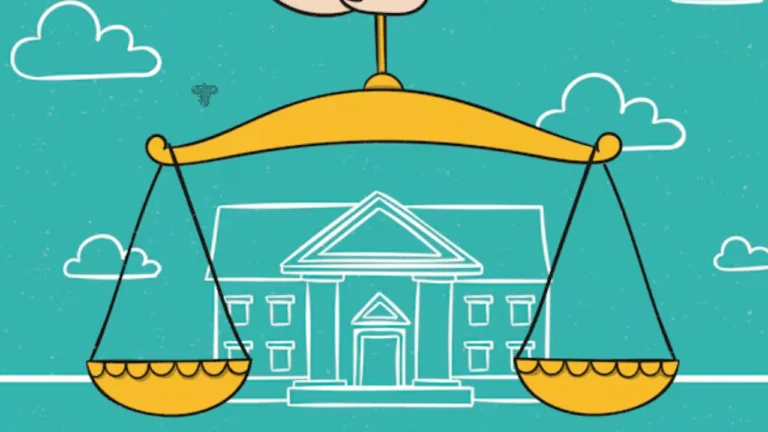Crunchyroll Faces Lawsuit Over Alleged Privacy Violations
The popular anime streaming service Crunchyroll faces a lawsuit alleging user privacy violations. This case has raised significant concerns among fans, industry observers, and privacy advocates. With millions of global subscribers, Crunchyroll has built a reputation as the go-to platform for anime enthusiasts. However, this lawsuit shines a spotlight on how the company handles user data and the potential consequences of its practices. In this article, we’ll break down the key elements of the Crunchyroll lawsuit, examine the allegations in detail, and explore the broader implications for privacy laws and streaming services.
Background on Crunchyroll
Crunchyroll was founded in 2006 and quickly became one of the largest streaming platforms for anime content. The service appeals to anime fans worldwide with its library of thousands of titles, including simulcasts of current Japanese releases. The platform offers free, ad-supported viewing and a premium subscription option that gives users ad-free access to new and exclusive content. Over the years, Crunchyroll has expanded its offerings to include manga, games, and merchandise, further cementing its influence in the anime industry.
The company, now owned by Sony through its subsidiary Funimation, has always maintained a significant online presence and active engagement with its user base. However, this strong connection with its community is now threatened due to allegations of improper data handling practices. This recent lawsuit raises questions about the company’s transparency and respect for privacy laws, which could reshape how streaming platforms manage and protect user information.
The Core of the Lawsuit: Alleged Privacy Violations
The lawsuit against Crunchyroll centres on allegations that the platform unlawfully shared users’ data without obtaining proper consent. At the heart of the issue is the claim that Crunchyroll violated privacy laws, specifically by collecting and distributing user information such as viewing history, device identifiers, and other sensitive data to third-party advertisers and analytics firms.
According to the complaint, Crunchyroll failed to provide sufficient notice to users about these practices, which could violate state and federal laws designed to protect consumer privacy. One of the key statutes referenced in the lawsuit is the Video Privacy Protection Act (VPPA), passed in 1988 to prevent video rental services from disclosing customers’ rental histories. The lawsuit argues that Crunchyroll, as a streaming service, falls under the scope of this law and should adhere to its requirements regarding user data.
Additionally, the lawsuit may invoke state-specific privacy laws, such as the California Consumer Privacy Act (CCPA), which grants California residents greater control over their personal information. The CCPA requires companies to be transparent about the types of data they collect, how it is used, and with whom it is shared. Failure to comply with these regulations can result in significant penalties for fines and reputational damage.
Impact on User Trust and Business Reputation
One of Crunchyroll’s most significant risks as a result of this lawsuit is the potential loss of user trust. Privacy is a major concern for internet users today, especially given the increasing number of high-profile data breaches and scandals involving tech companies. If Crunchyroll is found to have mishandled user data or failed to obtain proper consent for data-sharing practices, it could lead to a backlash from its user base.
For a platform like Crunchyroll, which relies heavily on its loyal community of anime fans, losing user trust could be disastrous. Many users subscribe to the service for its content and because they feel connected to the brand and its mission to promote anime culture. Any damage to this relationship could result in lost subscribers, a decline in engagement, and even long-term harm to the company’s growth prospects.
From a business perspective, the lawsuit also presents a significant reputational risk for Crunchyroll’s parent company, Sony. In recent years, Sony has made major moves to consolidate its position in the anime streaming market, acquiring Crunchyroll for nearly $1.2 billion in 2021. This acquisition positioned Sony as a dominant player in the global anime market, but legal battles like this could tarnish the company’s image and undermine its investments.
Legal Implications and the Role of Privacy Laws
This lawsuit against Crunchyroll highlights the growing importance of privacy laws in the digital age. With the proliferation of streaming services, social media platforms, and other online content providers, users generate vast amounts of personal data daily. Governments and regulators are increasingly focused on ensuring that companies protect this data and respect users’ rights to privacy.
The Video Privacy Protection Act (VPPA), though initially enacted to regulate video rental services, has been applied to modern streaming platforms in recent years. Several lawsuits against other streaming companies, such as Netflix and Hulu, have set precedents for how the VPPA can be enforced in digital streaming. These cases often hinge on whether streaming services are considered “video tape service providers” under the law and whether sharing data, like viewing history, constitutes a violation of privacy.
The Crunchyroll lawsuit may also test the boundaries of the California Consumer Privacy Act (CCPA), which has already been used to challenge several companies over their data collection practices. If the lawsuit proves successful, it could lead to more stringent requirements for how streaming services like Crunchyroll handle user data, especially in states like California with stronger privacy protections.
Beyond these existing laws, the case also underscores the need for more comprehensive federal privacy legislation. While the VPPA and CCPA provide some protections, they are limited in scope and apply only to specific data types or residents of certain states. A broader federal privacy law could help standardize data protection practices across the U.S., providing clearer guidelines for companies and more robust consumer rights.
Potential Outcomes of the Lawsuit
As the lawsuit moves forward, several possible outcomes could result. If Crunchyroll is found to have violated privacy laws, the company could face financial penalties, including fines or settlement costs. These penalties could be substantial, especially if the lawsuit becomes a class action and represents many affected users. In addition to financial damages, Crunchyroll could also be required to change its data collection and sharing practices to comply with privacy laws, which could involve updating its privacy policy, improving user consent mechanisms, and increasing transparency about how user data is handled.
Even if Crunchyroll can resolve the lawsuit through a settlement or by changing its data practices, the case could still have long-term implications for the streaming industry. Other companies may take note of the lawsuit and preemptively review their privacy practices to avoid facing similar legal challenges. In this sense, the Crunchyroll lawsuit could catalyze industry-wide changes in how streaming services approach user data and privacy compliance.
Broader Implications for the Streaming Industry
The Crunchyroll lawsuit is part of a larger trend of increased scrutiny on how tech companies handle user data. Privacy concerns are becoming more prominent as more services move online and collect detailed information about user behaviour. This has led to growing pressure for greater transparency and stricter regulations governing data collection, advertising, and analytics in the streaming industry.
Streaming platforms like Crunchyroll, Netflix, Hulu, and others rely heavily on user data to optimize their services, personalize recommendations, and drive advertising revenue. However, this business model can create tensions between profit motives and user privacy. As the Crunchyroll lawsuit demonstrates, failing to strike the right balance between these interests can result in legal action and damage a company’s reputation.
Looking ahead, it’s likely that we will see more lawsuits and regulatory actions targeting streaming services over privacy issues. As laws evolve and user expectations around privacy increase, companies will need to adapt to ensure they remain compliant and maintain their users’ trust.
Read More
Conclusion
The Crunchyroll lawsuit over alleged privacy violations represents a critical moment for the company and the broader streaming industry. With privacy concerns taking centre stage, companies like Crunchyroll must navigate complex legal landscapes while maintaining user trust. Whether the lawsuit results in financial penalties, operational changes, or broader industry reforms, it will undoubtedly impact how streaming platforms handle user data in the future.







